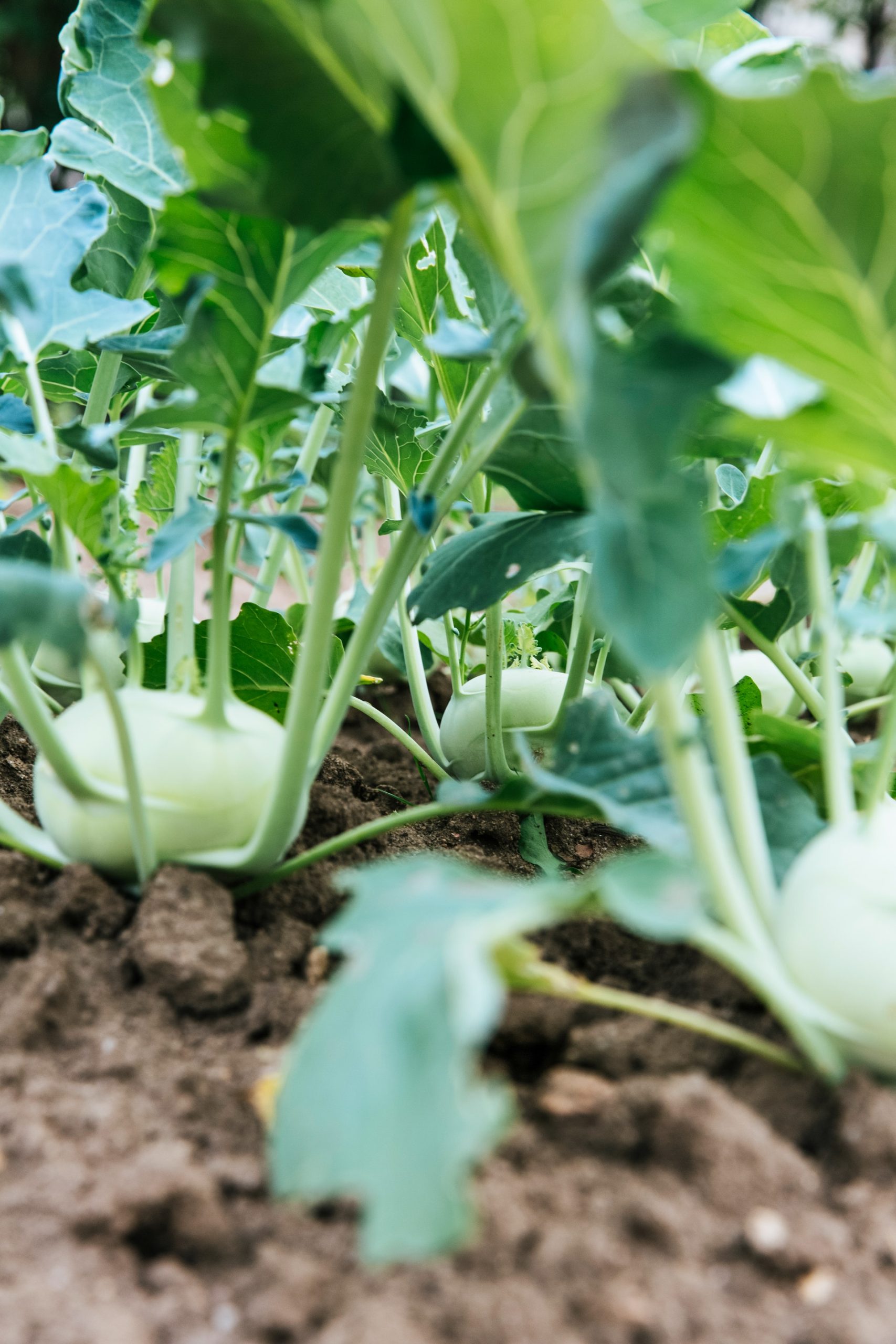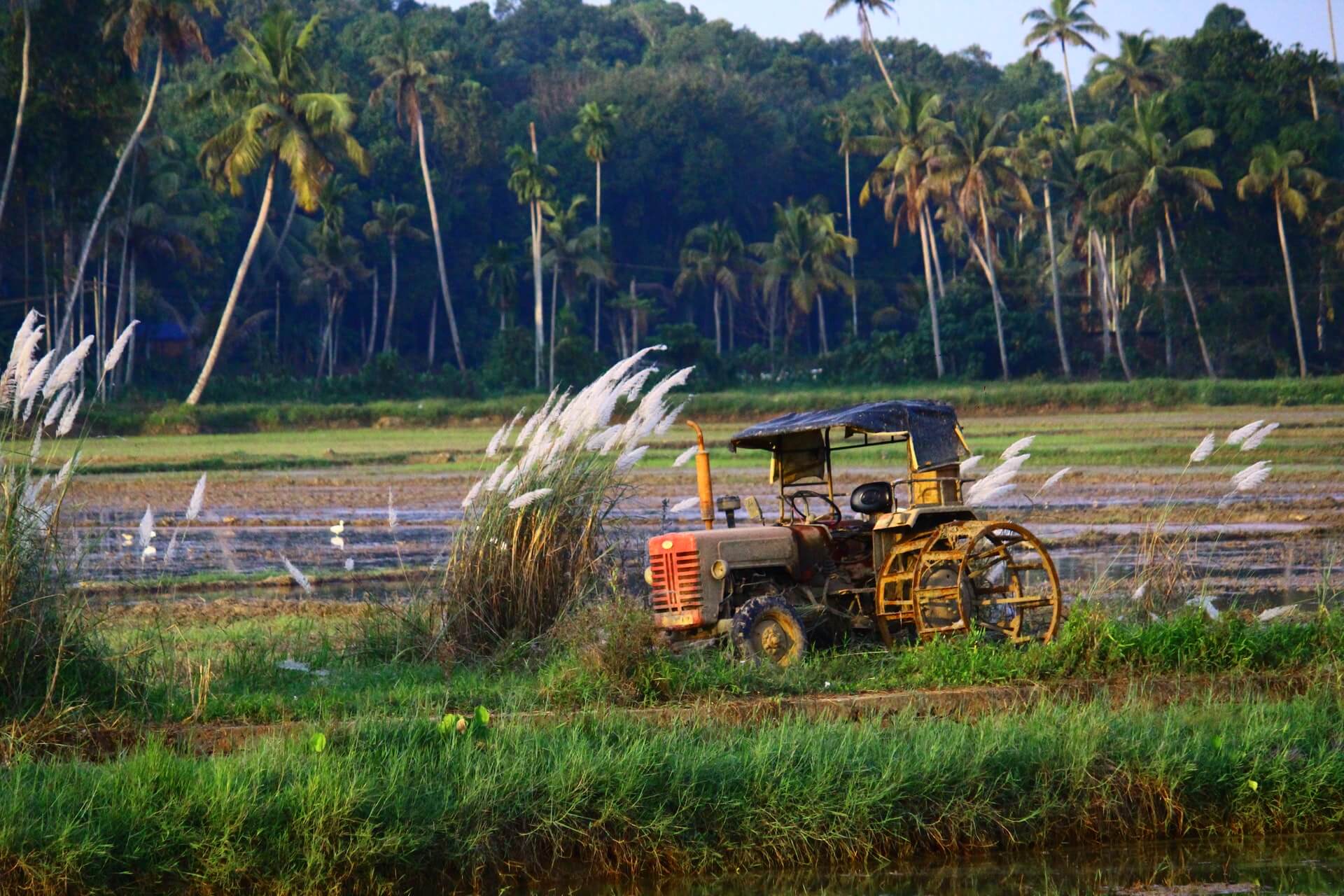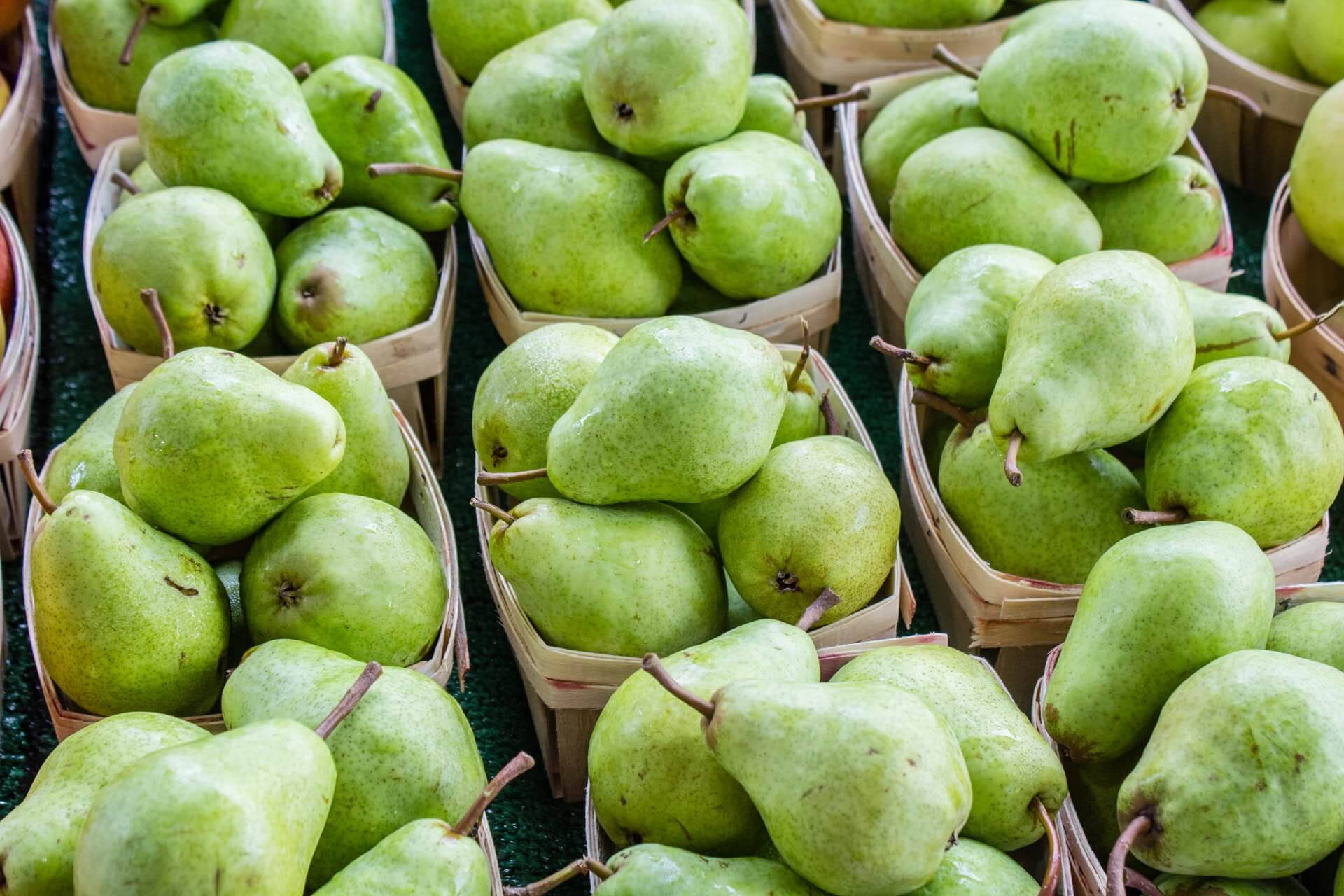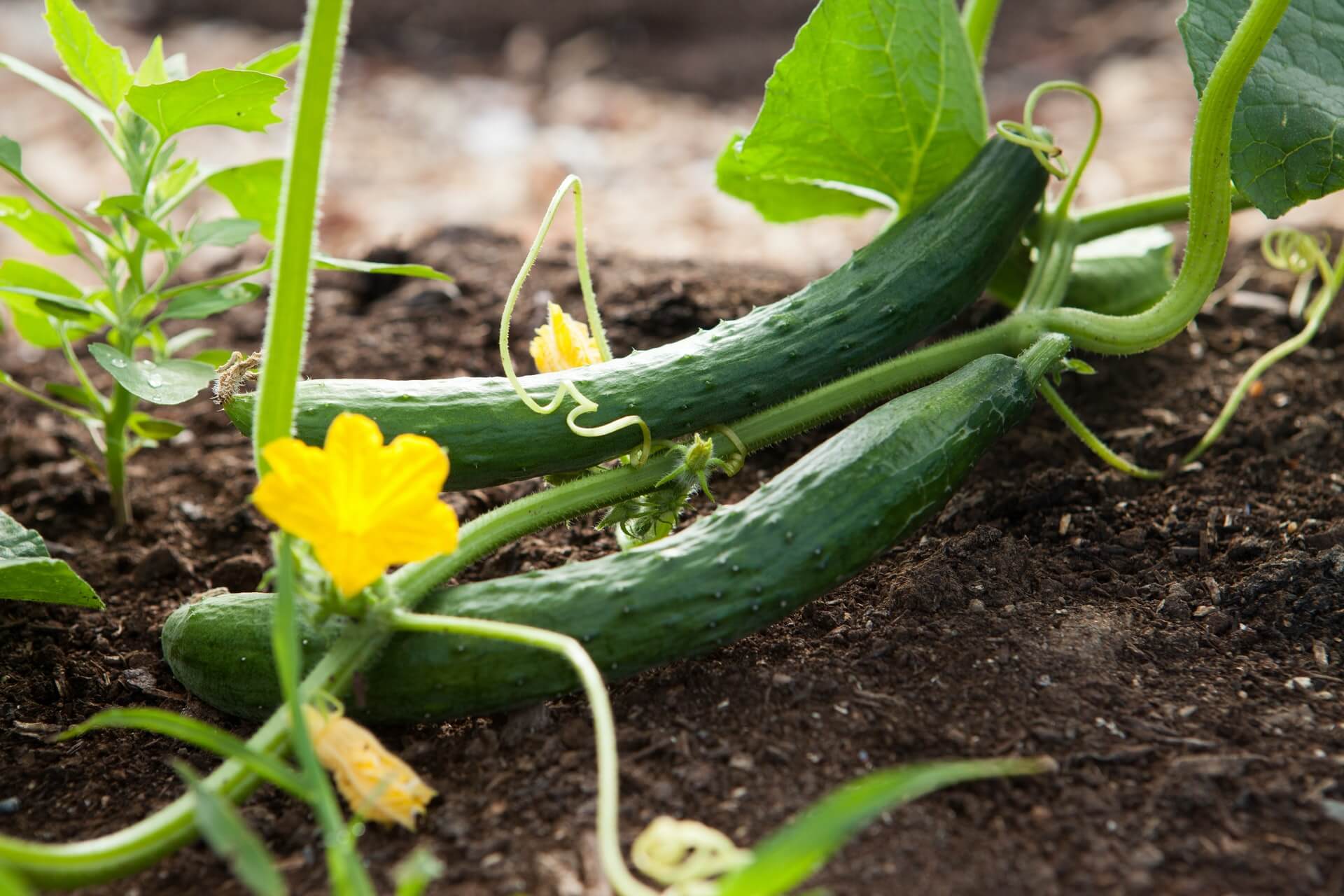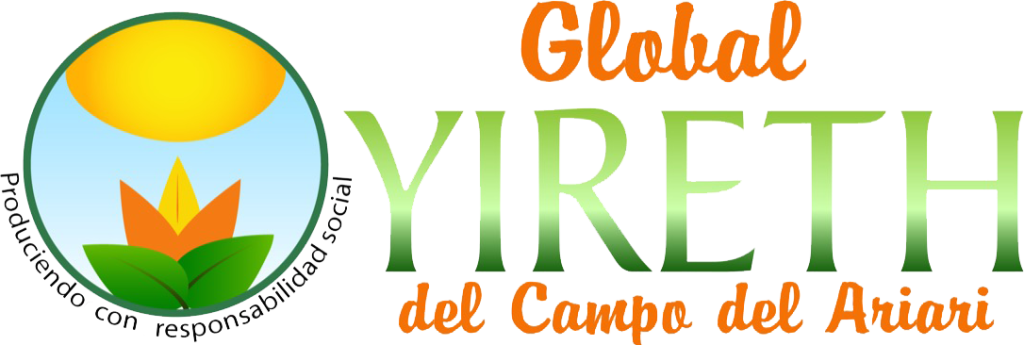During the COVID-19 pandemic, certified organic and transitional operations faced loss of markets, increased costs, labor shortages, and expenses related to obtaining or renewing their organic certification. Transitional operations also faced the financial challenge of implementing practices required to obtain organic certification without the premium prices associated with certified organic commodities.
As a mainstay of the economy, fish is a key feature of local cuisine and diet.
Mary Doe
As a mainstay of the economy, fish is a key feature of local cuisine and diet. The fishing sector is predominantly small-scale commercial, supplying local markets and consumers with fresh fish. Furthermore, catch from the fishing vessels contributes to the export market.
A new and sustainable approach
To improve conservation and increase tuna harvest value, FAO and the Ministry of Agriculture, Lands and Forestry in Grenada have implemented activities that centered on the sustainable improvement of the tuna value chain.
- For crop, livestock, wild crop, handling, and State organic program fees, the applicant’s OTECP payment plus the reported additional cost share assistance cannot exceed the portion of the expenses not covered by OCCSP.
- For transitional expenses, soil testing, and educational event registration fees, the applicant’s OTECP payment plus any additional cost share assistance cannot exceed the total amount of eligible expenses.
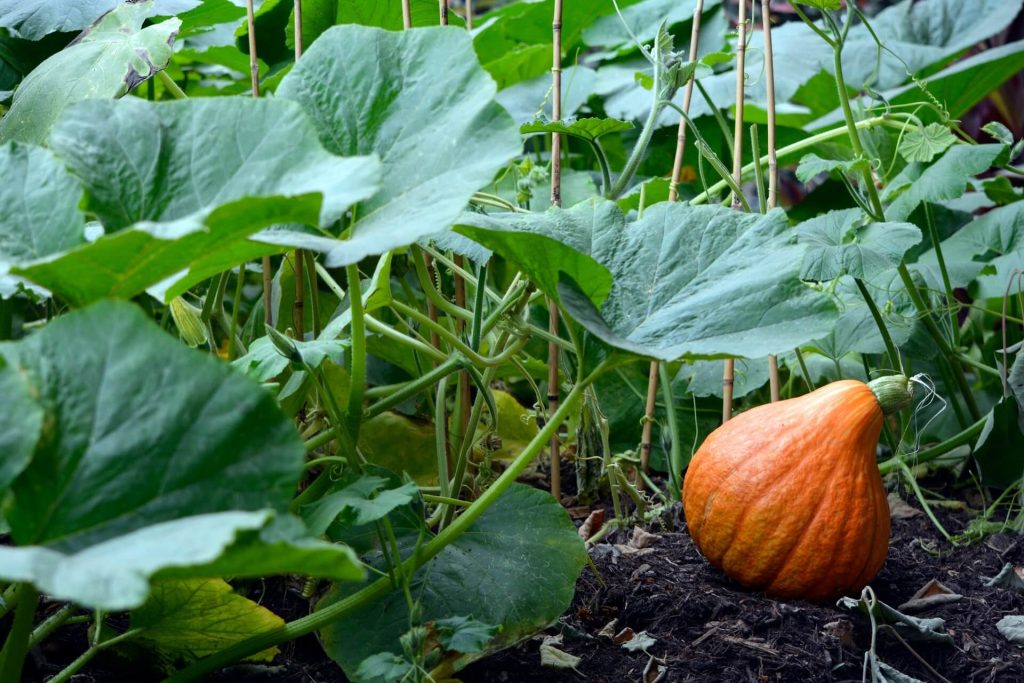

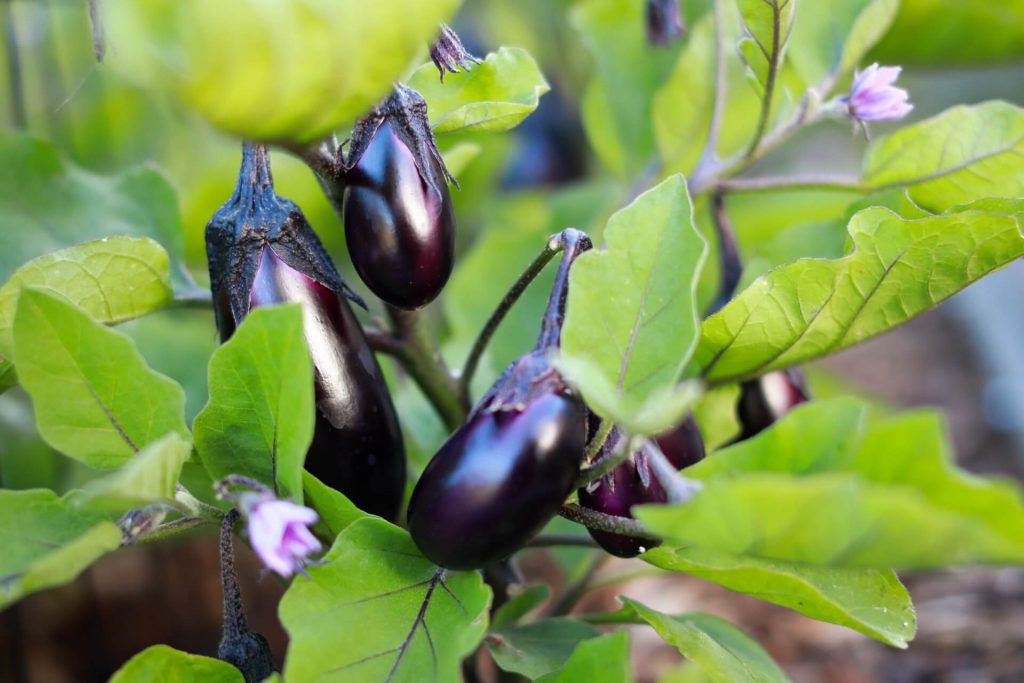
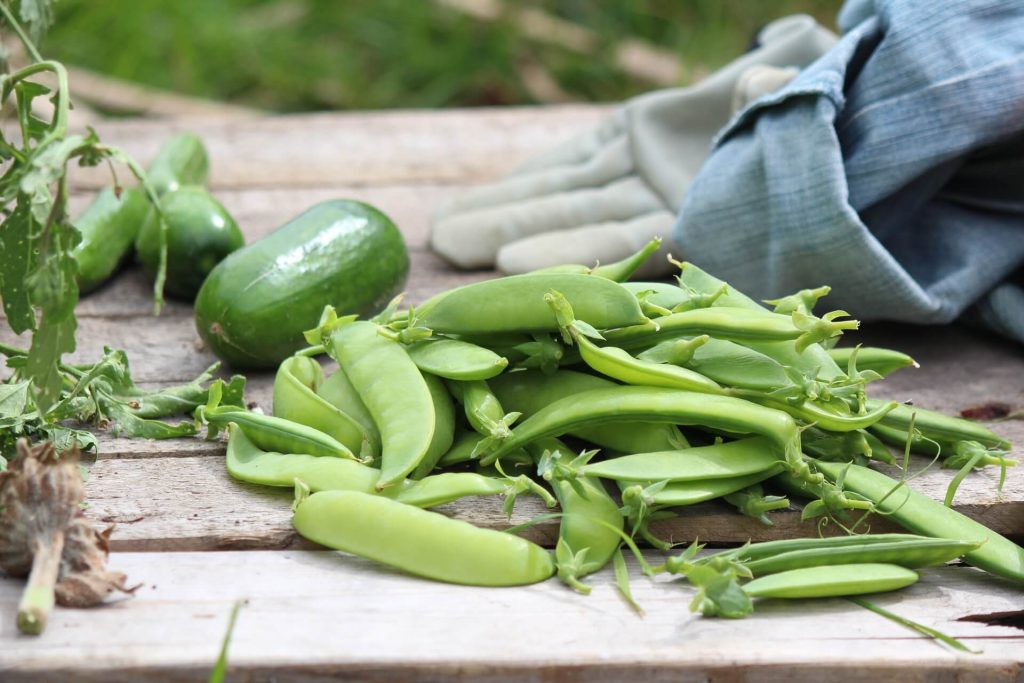

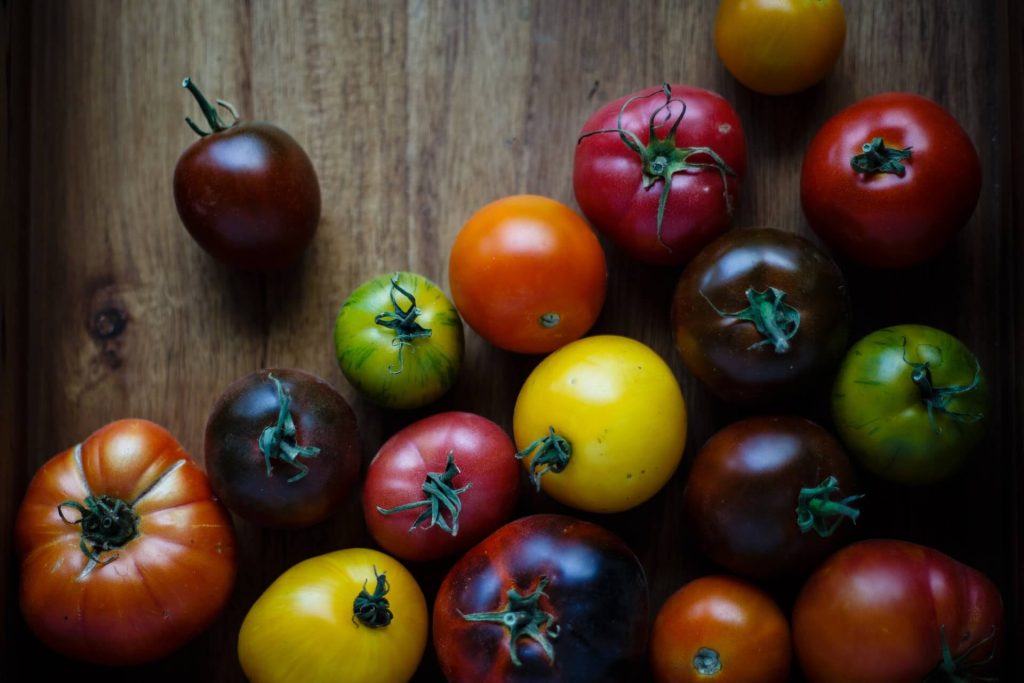
A successful public-private partnership
A business model was subsequently developed to provide monetary incentives for a private sector enterprise, fisherfolk organizations and the government to invest in technology proven to improve conservation while improving value along the tuna value chain.
This public-private partnership approach to fisheries development brought all stakeholders to the table, for a holistic look at what was needed to reduce by-catch, and increasing tuna harvest values, and providing support for capital investments. The tuna fishery has now entered a Fishery Improvement Project (FIP) to achieve Marine Stewardship Council certification.


